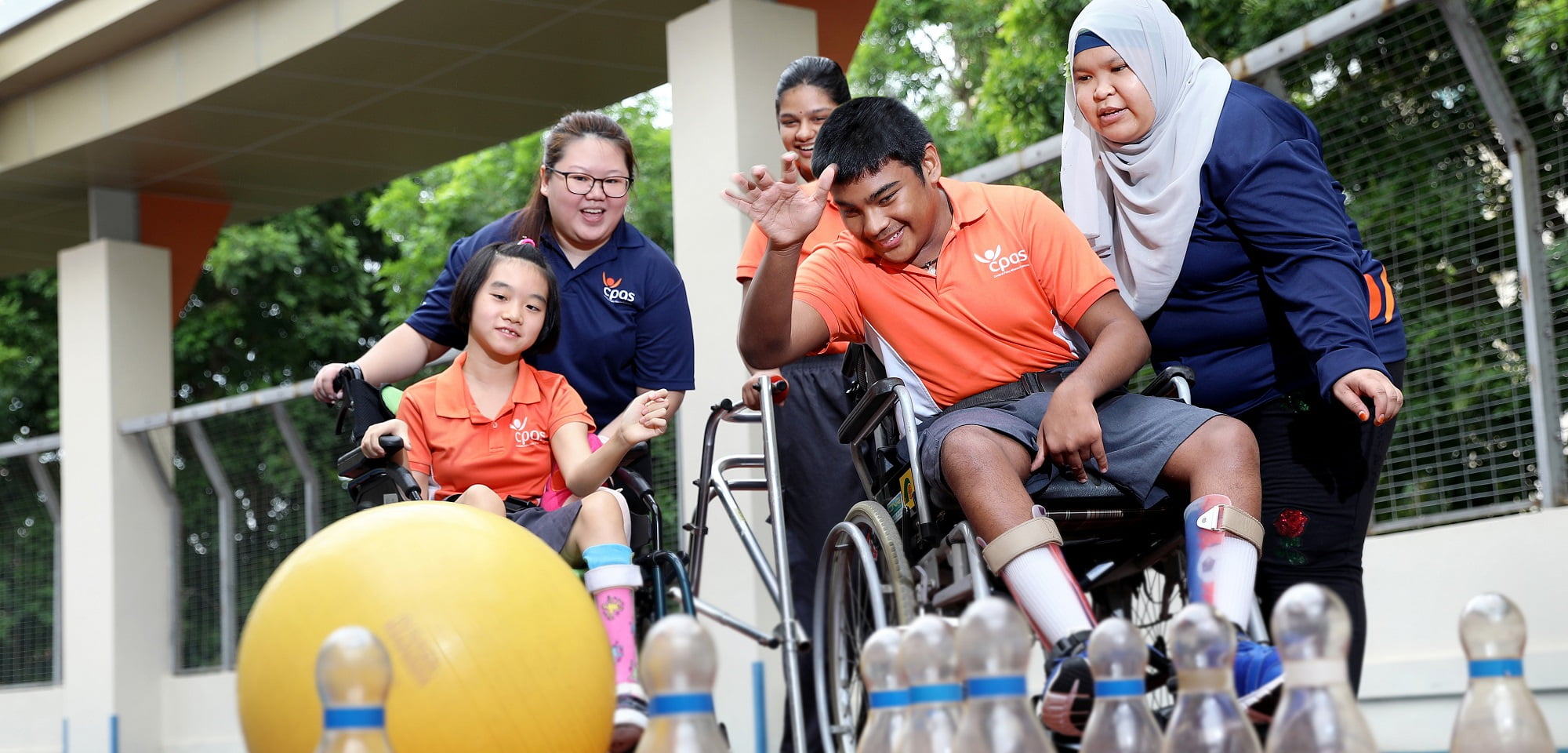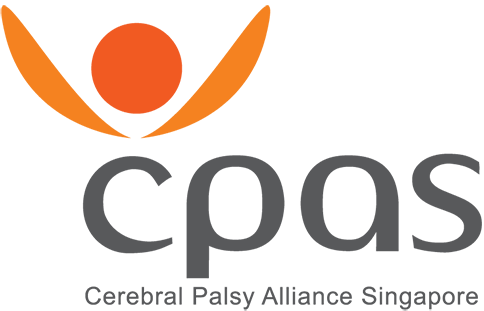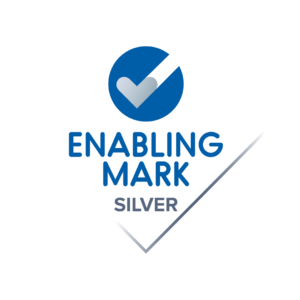
OUR VISION
Empowering persons with cerebral palsy or multiple disabilities to realise their full potential and lead fulfilled, dignified lives.
OUR MISSION
Dedication to:
- Delivering fully integrated programmes and services at the highest standards with passion, integrity, care, and excellence
- Creating awareness of cerebral palsy and multiple disabilities, and advocating equal opportunities for all persons with the condition
Core Values
Hope: We seek to inspire hope in the hearts of our clients
Empowerment: Our aim is to empower our clients to overcome their challenges and live a life without limits
Aspiration: Never content with the status quo, we aspire not to only enhance the lives of our clients, but also our service and capabilities
Respect: Respect is a fundamental value that guides the actions of our staff
Trust: Above all, we value the trust that clients place in our organisation’s programmes and services
About CPAS
OUR MISSION
Empowering persons with cerebral palsy or multiple disabilities to realise their full potential and lead fulfilled, dignified lives.
OUR VISION
Dedication to:
- Delivering fully integrated programmes and services at the highest standards with passion, integrity, care, and excellence
- Creating awareness of cerebral palsy and multiple disabilities, and advocating equal opportunities for all persons with the condition
Core Values
Hope: We seek to inspire hope in the hearts of our clients
Empowerment: Our aim is to empower our clients to overcome their challenges and live a life without limits
Aspiration: Never content with the status quo, we aspire not to only enhance the lives of our clients, but also our service and capabilities
Respect: Respect is a fundamental value that guides the actions of our staff
Trust: Above all, we value the trust that clients place in our organisation’s programmes and services
SINCE 1957
Cerebral Palsy Alliance Singapore (CPAS) is a social service agency established in 1957. CPAS provides persons with cerebral palsy and multiple disabilities with early intervention, special education, rehabilitation services, day activity centre programmes as well as vocational training and gainful employment in Singapore.
Through active advocacy and the support of equal opportunities for all persons with cerebral palsy and multiple disabilities, CPAS hopes to empower these individuals by helping them realise their full potential and lead fulfilled, dignified lives. Driven by our core values of hope, empowerment, aspiration, respect and trust, the organisation is focused on delivering fully integrated programmes and services at the highest standards. At present, we look after over 800 clients ranging in age from a few months to 55 years old.
Registered Member of the National Council of Social Service
| UEN No: | S60SS0003K |
| Charity Status: | Registered |
| Date of charity registration: | 22/08/1984 |
| IPC Status: | Live |
| IPC Period: | 01/12/2024 – 31/12/2026 |



